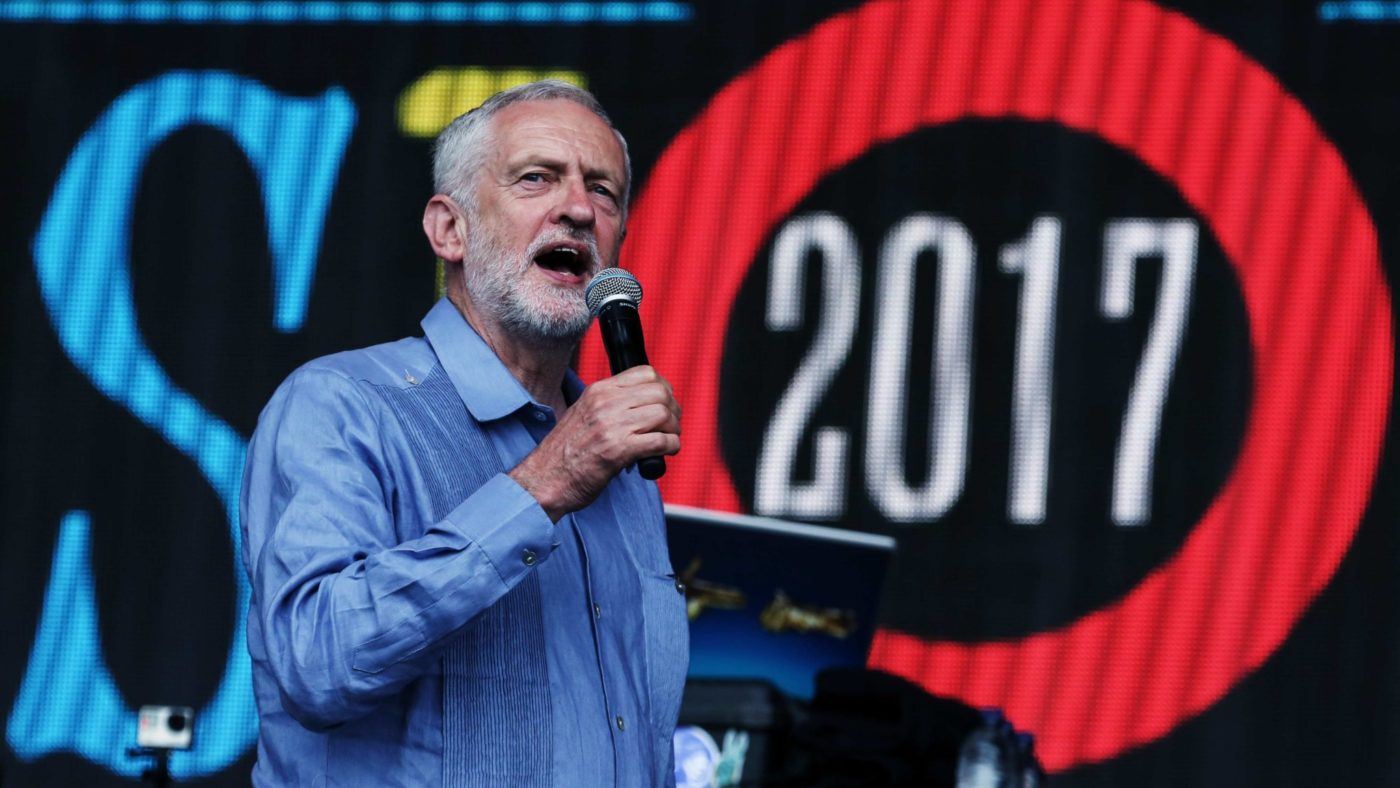Give credit where it’s due. Jeremy Corbyn was willing to learn from a man he doesn’t even want in the country. Last month, the Labour leader tweeted his pleasure at the delay to President Trump’s State Visit. But their political differences haven’t kept Corbyn’s team from plundering Donald Trump’s disruptive playbook.
A switch to Trump-style tactics was revealed early in the new year, and Labour continues to employ Trump’s techniques with alarming effectiveness. It’s time the rest of us paid attention.
That needs saying in part because the first rule of Trumpian strategy is misdirection. A willingness to fail on conventional measures encourages your opponents to lower their guard. Methods that appear foolish can steal a march while no one is looking. Unwelcome election results fall on your enemies like thunderbolts from a clear sky. Until that happens, success can be easy to miss.
Distaste is another factor that drives the reluctance of Corbyn and Trump’s opponents to learn from their successes. There are many political professionals who were horrified by Donald Trump’s campaigning style. And the anti-democratic rhetoric as Labour made hay of post-election events has been chilling.
But politics is a dirty game, played for the highest of stakes. Choosing not to study the unconventional weapons your opponent adds to his arsenal isn’t sportsmanlike. It is suicidal. And politicians do not have to stoop to inciting days of rage against legitimate, elected governments to master 21st-century media management.
When I heard that Corbyn’s team wanted to learn from Trump’s extraordinary win, I took it seriously. I too had watched Trump’s convention-breaking style and seen past the surface bluster to its originality and effectiveness. Like the left-leaning cognitive linguist George Lakoff, I didn’t need to like Trump’s style to understand Trump’s strength. I thought that anyone who was serious about politics ought to put aside their attachment to tradition, restrain their knee jerk anti-American snobbery and appreciate a simple truth. Hillary Clinton didn’t lose in 2016. Trump won.
Among the many lessons that Corbyn’s team have absorbed from Trump, three stand out.
First, create the illusion of mass approval. An outsider campaign can build a sense of inevitability if it dominates online social networks, and even more so if it uses those networks to amplify awareness of packed public events and rallies.
Take the recent adulation of Corbyn at Glastonbury. It was a double coup. Its immediate effect on the narrow set of festival-goers will have been powerful. But its dissemination through legacy media and social networks, by friend and foe, turned Corbyn’s presence and welcome at the festival into a mainstream story. That, in turn, helps to boost his real popularity in the country at large.
Second, move fast and frame things. Trump uses his notorious Twitter account to frame unfolding events to his own advantage. After the London Bridge terror attack and the Grenfell fire, Corbyn demonstrated his own ability to grab control of the narrative. Against a lacklustre government message, Corbyn cut through with outrageous claims that played to voters’ fears.
Third, learn jiu-jitsu. With the right twist from you, even the most negative of campaigns from your opponents will give energy to your supporters. Just as with Trump, the barrage of invective against Corbyn became a kind of asset. Frame yourself as the tiny David facing off against an establishment Goliath. Refuse to argue the actual merits of any criticism. Question your attackers’ motives. Soon every new revelation only adds fuel to your supporters’ sense of grievance.
I’m not saying these tactics should be emulated. But Corbyn’s team is securing real victories in the media war, and we need to understand how. They are establishing an impression of popular support. They quickly frame the public narrative around breaking news to their own purposes. And they have primed their supporters to take any attempt to point out Corbyn’s flaws as proof of the conspiracy ranged against them.
It seems at times as if the Corbynite insurgency has been left to wage its asymmetric warfare unopposed. Dressing defeat as victory, branding its minority as the voice of the many, Corbyn’s Orwellian style keeps conjuring a sense of momentum even as it lacks a mandate.
And the understandable focus on Theresa May’s failings has also kept attention off Corbyn’s role in the election result. Yes, May deserved her drubbing. But those serious about opposing Corbyn’s policies need to start focusing on what he and his team get right.
Technology has changed how communication works. Unlikely as it sounds, given Corbyn’s political inflexibility, Labour has led the way, learning new tricks from its ideological foes. So should others.
Trump revealed the power of innovative, nimble, raw and demotic campaigning. That ought to come naturally to supporters of the raucous, unplanned, bottom-up order of free-market capitalism. We must find a principled way to play this new game, but we cannot afford to leave Corbyn’s irregular divisions unchallenged.


